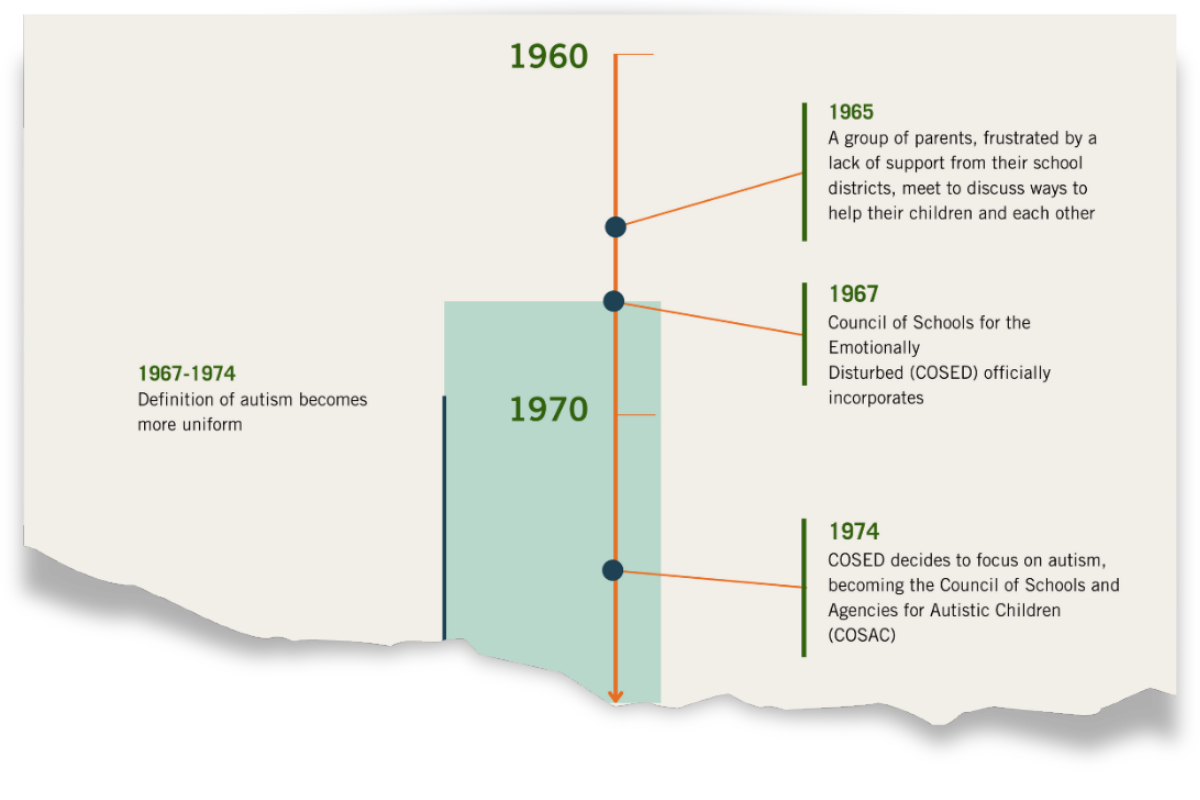
Passionate parents band together, form support group
It was 1965. Millions attended the Rolling Stones world tour; the Vietnam war was ramping up; and the space race was capturing headlines.
And in New Jersey, a group of parents were growing more and more concerned. Studies from that time indicated about two to four in 10,000 children had autism, leading to the impression that the disorder was extremely rare. But there was a medley of other diagnoses with overlapping presentations and symptoms: intellectual disorders, schizophrenia, pervasive developmental disorder-not otherwise specified, or the broad term, “a-typical child.”
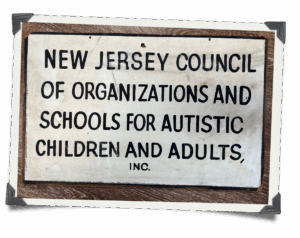
Harold and Ruth Eder of West Long Branch were some of those parents. When their son, Steven was two years old, he displayed signs of cognitive disability. They consulted with doctors across the country to find a diagnosis and treatment for him, and when they finally landed in the office of a Columbia University specialist, they were given little hope: the doctor advised Steven be institutionalized.
Across the nation, parents were organizing local chapters of the National Society of Autistic Children. These local chapters functioned as parent-support groups, where they shared tips and resources, and envisioned a better future for their families.
The New Jersey group, led by the Eders and four other families, came to be known as the Council of Organizations and Schools for the Emotionally Disturbed. It was a scrappy, volunteer-only operation, and extended its membership to include schools and agencies serving individuals with autism.
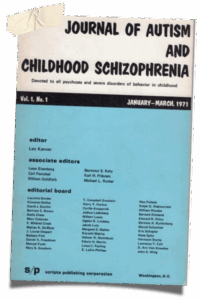
Meanwhile, on the national stage, the late 1960s and early 1970s saw growing awareness among the scientific and medical communities about behavioral and developmental disorders, leading to the first issue of the Journal of Autism and Childhood Schizophrenia being published in 1971. The field of Applied Behavior Analysis, borrowing from a slew of other specialties, was in its infancy — and scientists across the world were working in labs to tease out the complex cause-and-effects of human behavior, and develop basic therapeutic treatment.
Medicare and Medicaid were established and vocational programs expanded in 1965. Borrowing ideas and momentum from the civil rights movement, the deinstitutionalization movement continued, and individuals with disabilities and their families fought for the right to access community services.
As New Jersey COSED’s scope broadened and the definition of autism became more uniform, the agency decided to focus its energy upon autism and changed its name to the Council of Schools and Agencies for Autistic Children (COSAC) in 1974.
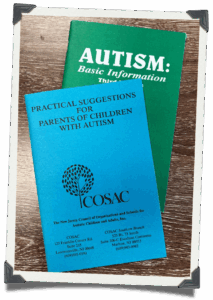
That scrappy group of committed parents operating on a shoe-string budget eventually evolved into the robust Autism New Jersey, employing more than 20 experts, that we know today. Stay tuned over the next five months to learn more about the agency’s, and the wider autism community’s, challenges and triumphs. And if you were a part of those early, formative decades, send us a note and tell us about it!
Autism New Jersey has always operated on the power of connections, and we’d love to hear from you.
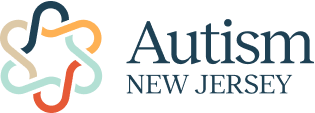
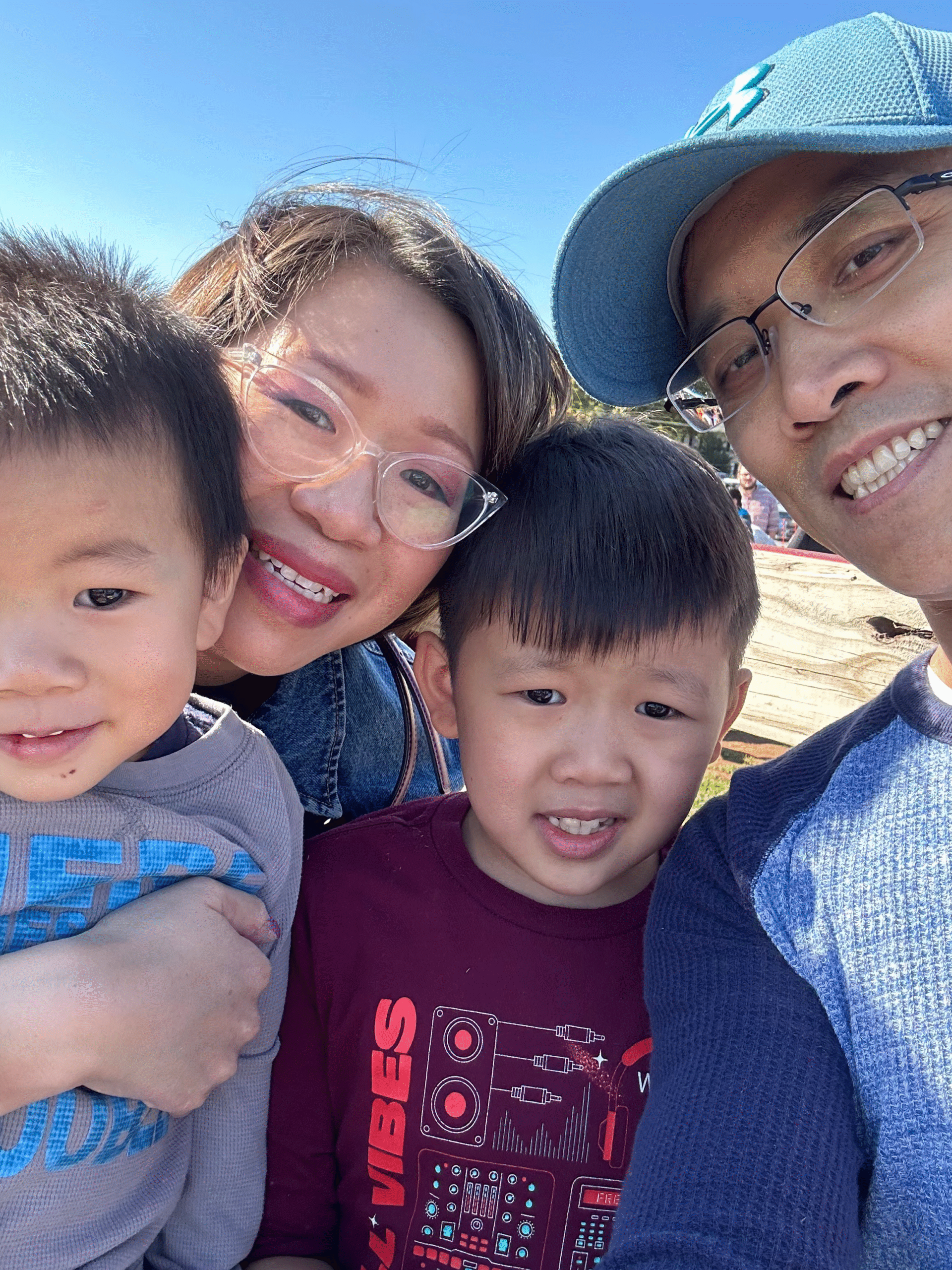





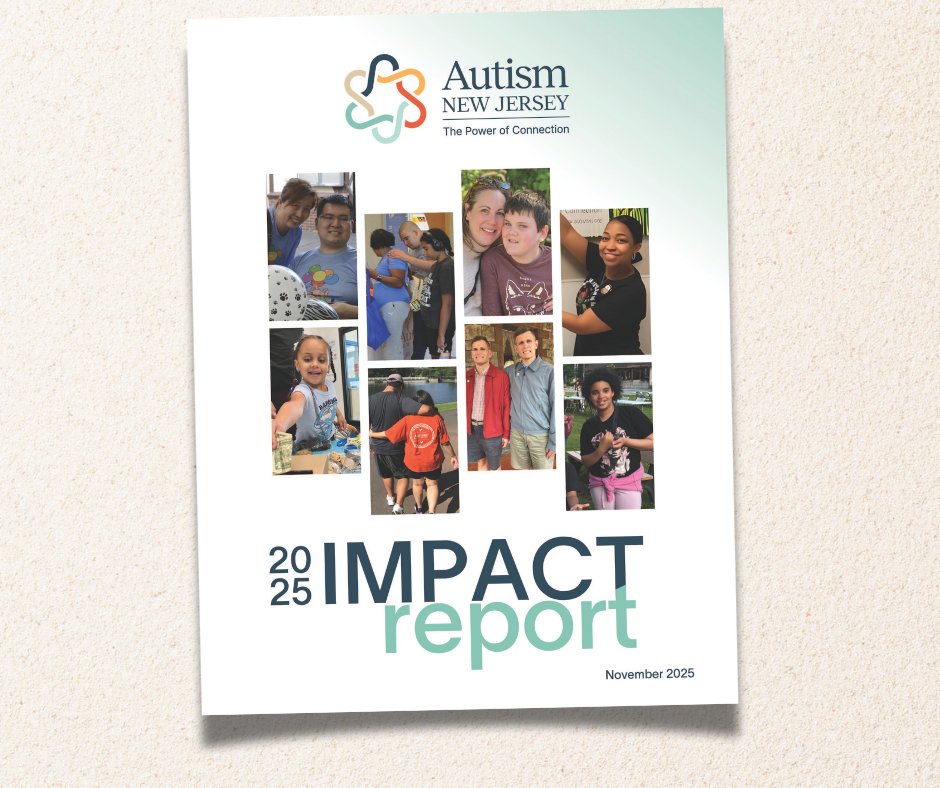


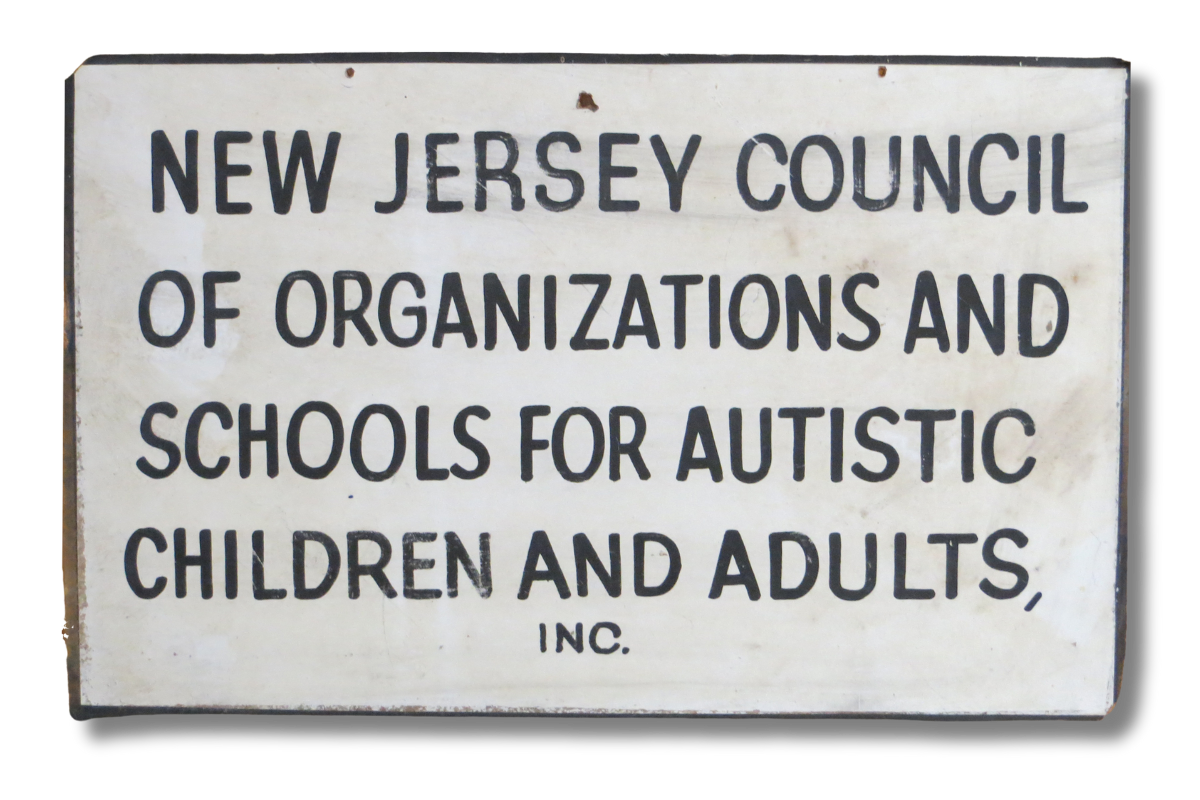
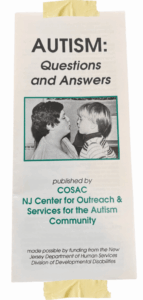 Autism New Jersey: The Second Decade 1975-1985
Autism New Jersey: The Second Decade 1975-1985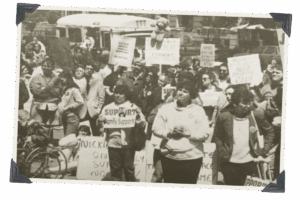 From ‘Rain Man’ to Real Change: How Advocates Transformed NJ’s Autism Landscape
From ‘Rain Man’ to Real Change: How Advocates Transformed NJ’s Autism Landscape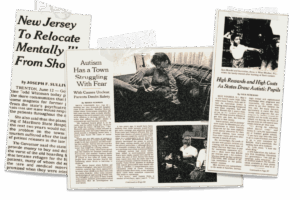 Breaking Barriers | How autism advocates rewrote New Jersey’s story for a new millennium.
Breaking Barriers | How autism advocates rewrote New Jersey’s story for a new millennium.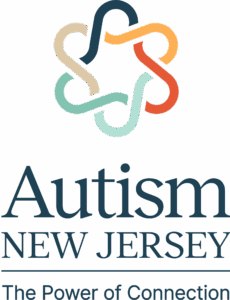 As we documented Autism New Jersey’s history, we didn’t have to look too far into the past to find sources of hope. The organization, led by Executive Director Suzanne Buchanan, has been at the forefront of progress in autism treatment, safety and services over the past decade.
As we documented Autism New Jersey’s history, we didn’t have to look too far into the past to find sources of hope. The organization, led by Executive Director Suzanne Buchanan, has been at the forefront of progress in autism treatment, safety and services over the past decade.